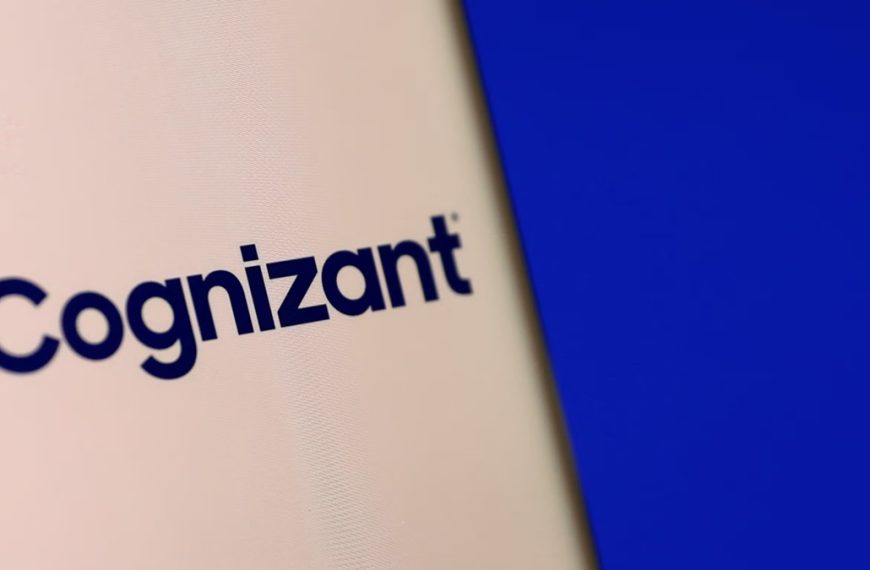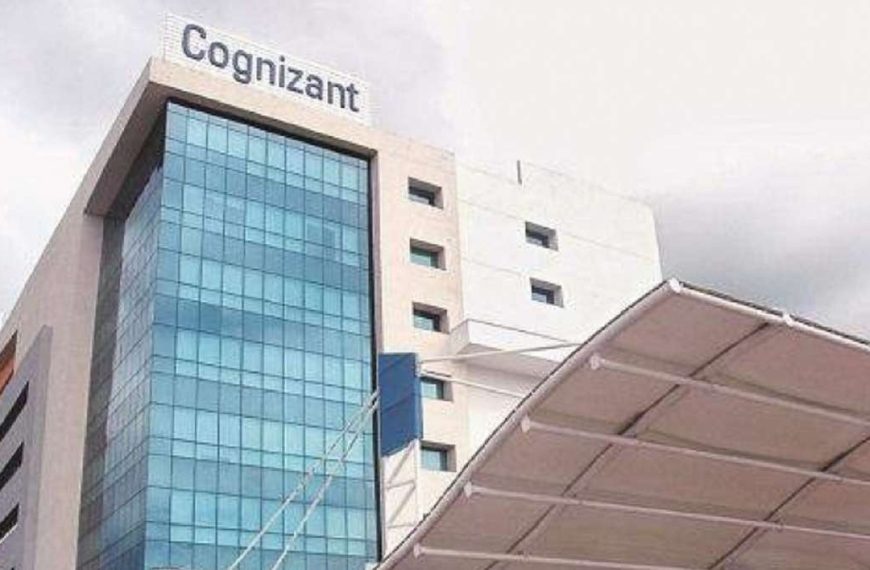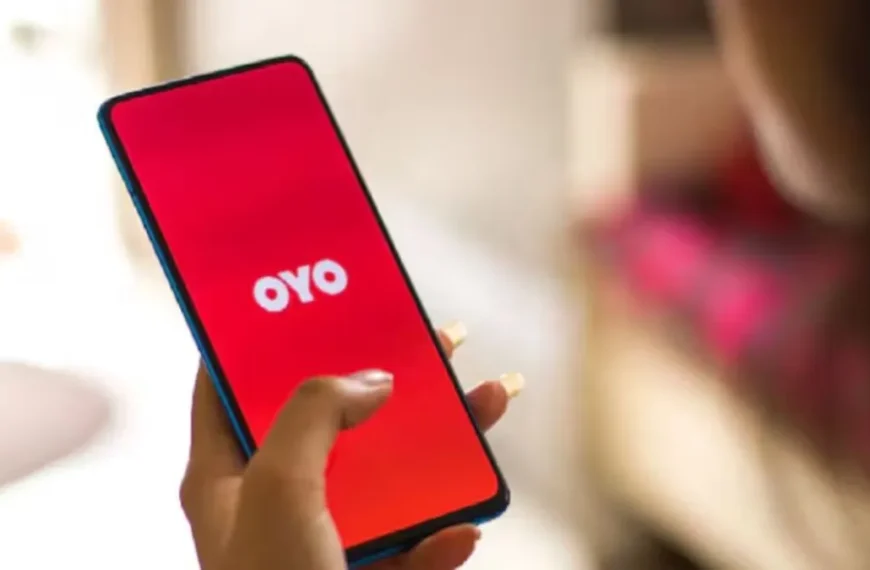Zomato is making significant changes to its service offerings by shutting down its fast-food delivery initiative, Zomato Quick, alongside its homely-meal service, Everyday. This decision comes as a result of low demand and limited profitability, as outlined in a letter to shareholders during the recent quarterly earnings announcement.
A Shift in Strategy
The closure of Zomato Quick and Everyday marks a pivotal moment for the company, reflecting its ongoing evaluation of service viability. Deepinder Goyal, founder and CEO of Zomato, explained that after extensive experimentation, it became clear that these initiatives were not sustainable. “We are discontinuing both services as we couldn’t identify a profitable path without compromising customer satisfaction,” he remarked.
The Quick Delivery Experiment
Launched only four months prior, Zomato Quick aimed to capitalize on the growing demand for rapid food delivery, targeting a delivery window of just 10 to 15 minutes. Although it was available in select cities and prominently featured within the Zomato app, it struggled to maintain customer interest. The service primarily catered to customers within a two-kilometre radius of participating restaurants, but Goyal noted that challenges such as insufficient restaurant density and inadequate kitchen infrastructure hindered its success. “We didn’t observe any increase in demand during our trial period,” he added.
Everyday’s Limited Appeal
Introduced in 2023, Everyday was designed to cater to students and professionals in Gurugram who sought homestyle meals. Despite its specific appeal in urban office clusters, it lacked the scale needed to warrant ongoing investment. Goyal acknowledged that the return on investment was insufficient to justify keeping the service operational. “Running it at a small scale didn’t yield enough returns,” he explained.
Industry Concerns and Future Plans
Both Zomato Quick and Everyday faced criticism from restaurant partners and industry organizations regarding potential misuse of customer data. This scrutiny adds another layer of complexity to Zomato’s strategic pivot.
In contrast, Blinkit, another Zomato subsidiary, will continue to operate with its new offering, Bistro, which delivers meals from centralized kitchens similar to Zepto Cafe. Albinder Dhindsa, CEO of Blinkit, assured customers that this service operates independently and does not share data with Zomato. “This is a standalone team with a dedicated app,” he confirmed.
Conclusion
Zomato’s decision to wind down these services reflects a broader trend in the food delivery industry, where companies must constantly adapt to consumer preferences and market conditions. As Zomato refines its offerings, it will be interesting to see how it navigates the challenges ahead in the competitive food delivery landscape.











